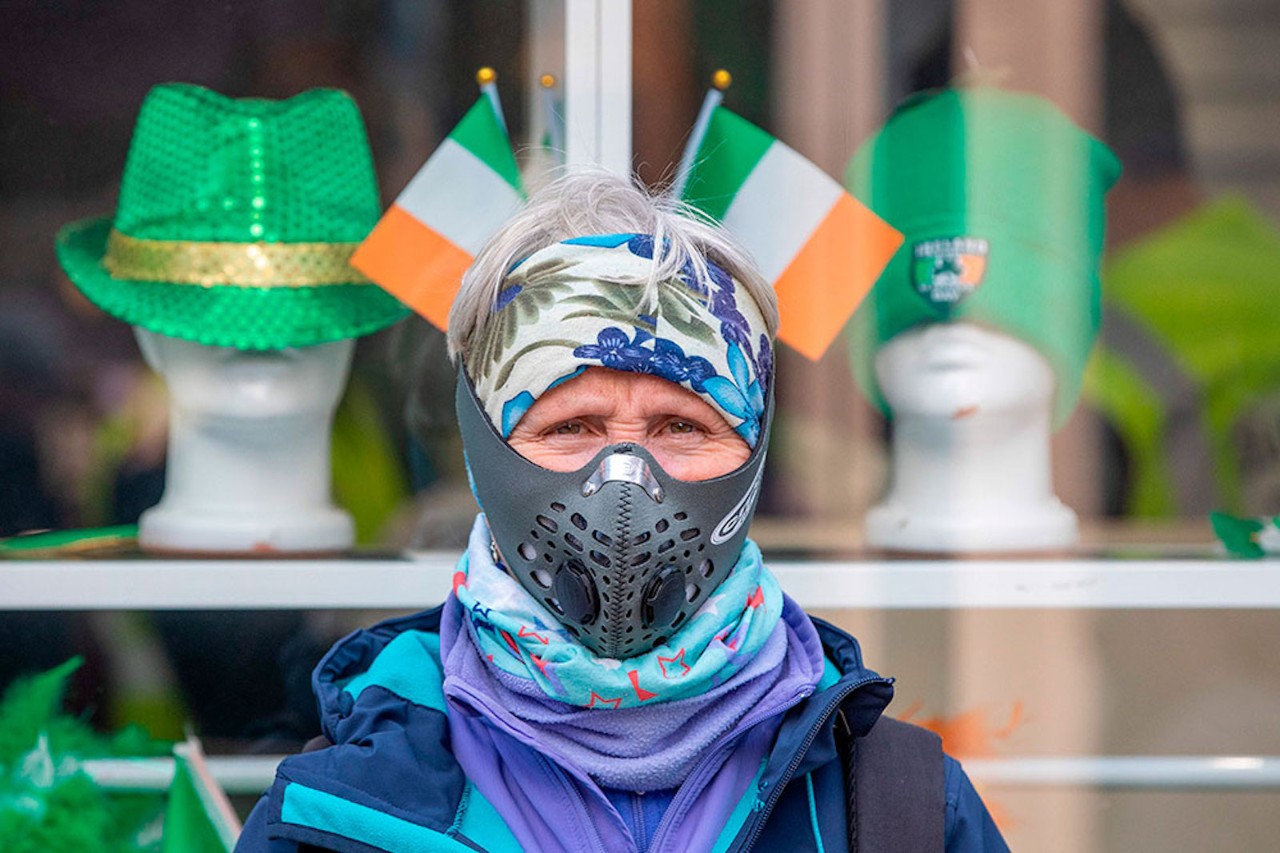For more information
Find out more about the Irish Covid-19 Oral History Project.

As the pandemic impacts on all aspects of life – both personal and professional – your experience could contribute to a major new digital archive.
The Irish Covid-19 Oral History Project, which launched in June, aims to curate a collection of stories detailing the Irish experience of the pandemic and how communities are living through it, at home and abroad.
Power of the crowd
‘This is a unique moment in Irish history that is transforming society and how we interact with each other; it is accelerating how we use digital technologies in ways that we could not predict a year ago,’ says principal investigator Professor Theo Lynn from Dublin City University (DCU) Business School.
‘This project seeks to use digital technologies and the power of the crowd to create a digital archive of this time for policymakers, historians and students of the future.’
You and the pandemic
Dr Bríd Murphy, assistant professor in accounting at DCU Business School, is gathering accountants’ stories of their experiences and is inviting ACCA members to participate.
Potential areas of interest include the following (but are not exhaustive):
- personal stories regarding family/homelife
- the impact of working from home and, in some cases, returning to work on site
- managers’ experiences of running operations
- interactions with key stakeholders – for example, clients, Revenue commissioners and Companies Registration Office – and the impact on key deadlines for filings.
While all data will be stored in Ireland and managed by DCU, it will also be shared with the wider research community, including a partner project at Indiana University-Purdue University at Indianapolis, US.
‘We know members have responded to many challenges, both personal and professional, since the pandemic started, and have been closely involved in developing business strategies through some very uncertain times,’ says Caitriona Allis, head of ACCA Ireland.
‘This project provides an opportunity to share their learning with future generations.’




